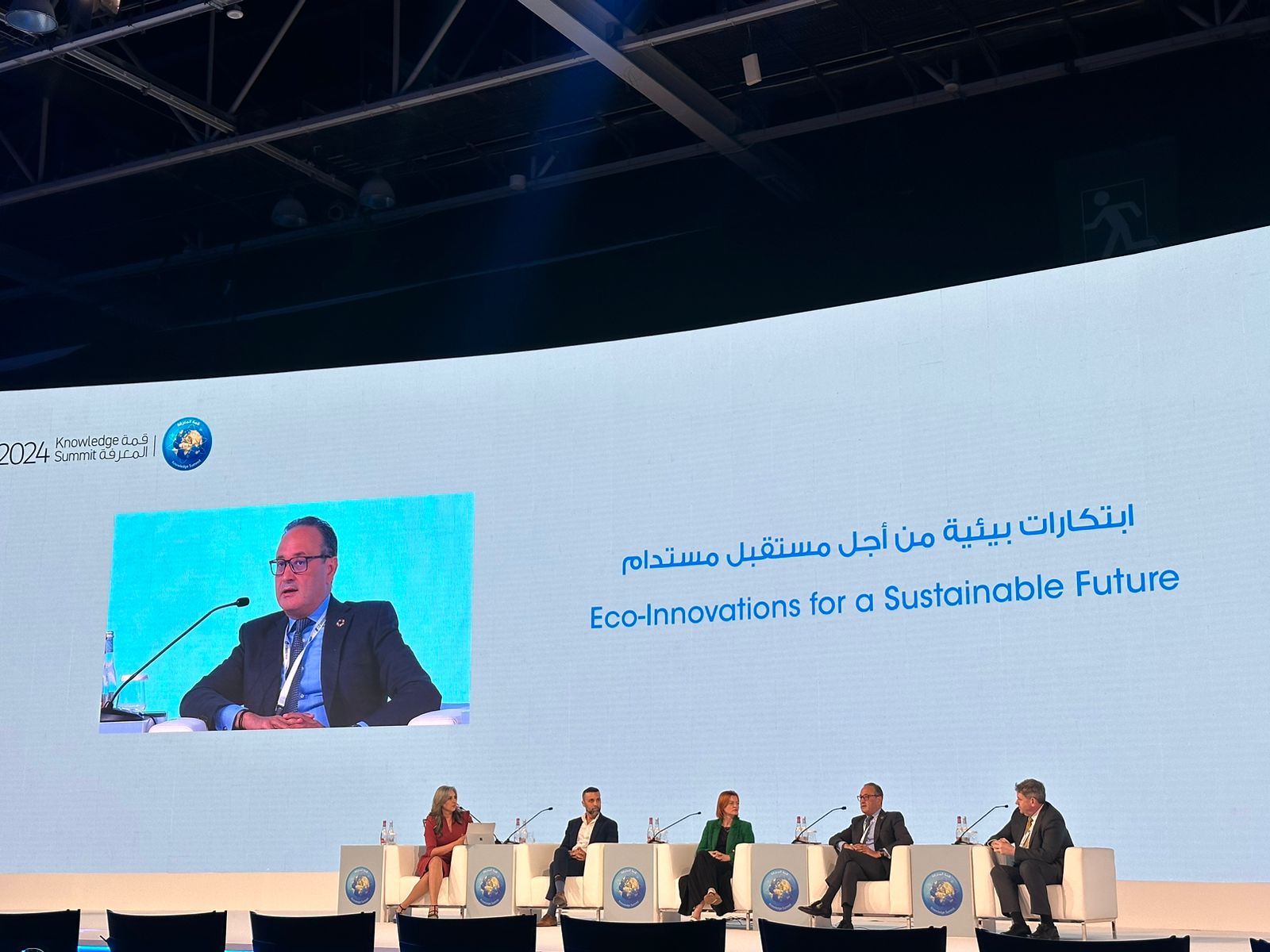
At the recent Knowledge Summit, Dr Hosni Ghedira, Professor of Practice at Mohamed Bin Zayed University of Artificial Intelligence (MBZUAI), delivered an impactful address on the critical role of regional efforts at COP29 and artificial intelligence (AI) in driving sustainable energy transitions.
Speaking under the theme of "Eco-Innovations for a Sustainable Future", and following his participation at COP29 in Baku, Dr Ghedira stressed the importance of collaboration among nations, particularly with strong support from wealthier countries, to address global environmental challenges effectively. "The progress we aim for cannot be achieved solely through COP summits," Dr Ghedira remarked. "It must be an ongoing discussion in every country, tailored to regional challenges and opportunities." Highlighting the necessity for actionable, localised solutions, he urged policymakers and institutions to continue the dialogue on energy transition beyond the confines of international summits.
Advancing Decarbonisation and Automation
About Mohamed Bin Zayed University of Artificial Intelligence's initiatives, Dr Ghedira highlighted some initiatives focused on energy transition, decarbonisation, and automating critical processes. "Our university is committed to exploring how automation and AI can streamline operations while significantly reducing carbon footprints," he said. Process optimisation, driven by AI, forms a cornerstone of their approach to enhancing the efficiency of renewable energy systems.
One of the central themes of Dr Ghedira’s talk was the integration of AI into the renewable energy sector. He explained that when designing processes, equity and sustainability must be considered. "At our university, we strive to ensure that the algorithms we develop prioritise these principles," he shared.
Dr Ghedira emphasised that AI can play a pivotal role in improving operations' efficiency and minimising energy systems' environmental impact. For example, AI-driven optimisation models can identify opportunities to reduce energy consumption and emissions, thus promoting greener and more sustainable practices.
Despite the challenges, Dr Ghedira expressed optimism about the future of sustainable energy and climate action. He believes that a concerted regional approach, supported by global collaboration and technological advancements, can pave the way for significant progress.
As the world grapples with the complexities of climate change and energy transitions, thought leaders like Dr Ghedira highlight the potential of combining innovation with regional and global cooperation to create a sustainable and equitable future.
